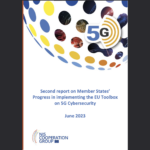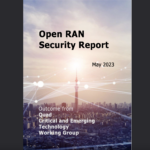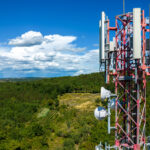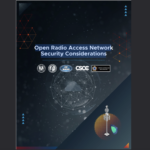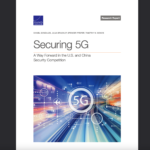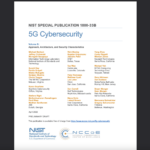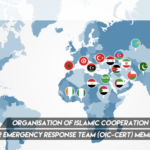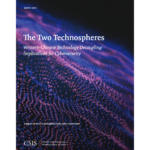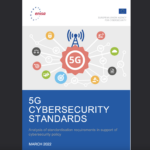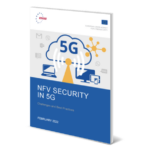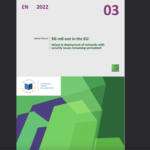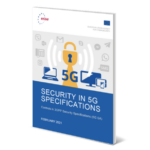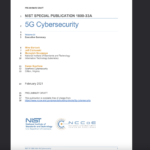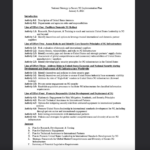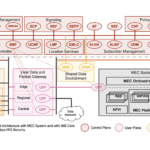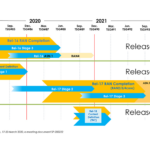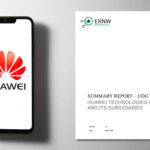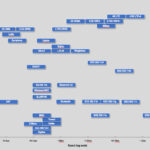Officials from 32 countries gather in Prague to discuss 5G security
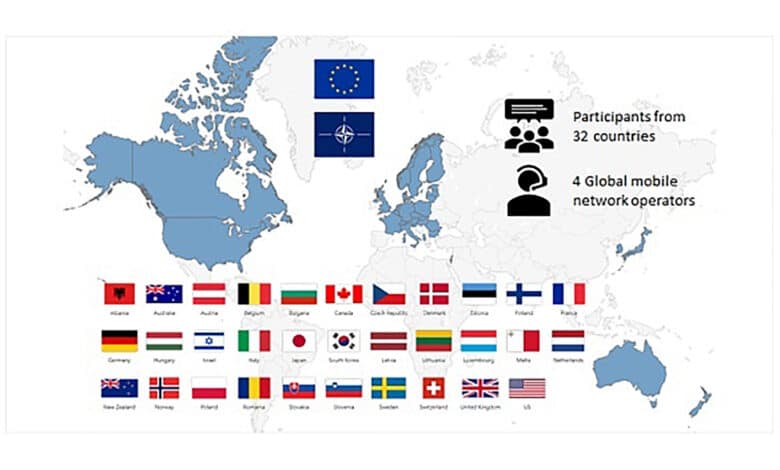
Share via:
Security officials from EU nations, Japan, the United States and Australia gathered in Prague on Thursday and Friday to discuss 5G cybersecurity threats.
The two-day conference held under the auspices of Prime Minister Andrej Babiš hoped to develop a series of non-binding recommendations on how to approach future cyber threats emerging from 5G technologies. The recommendations would also contribute to discussions within the EU and NATO on a common approach towards cyber threats.
Building a path towards consensus in 5G security is the right thing to do. A more science-based approach agreed to by the majority of the countries is the best way to balance the technological progress with the risks of this new revolutionary technology.
On the positive side, the organizer and the participants recognize the societal impact of 5G networks and connected technologies. As Prime Minister Andrej Babiš remarked during the welcome speech: “5G will change entire industries. Those sectors will be fully transformed by digital highways of communication, unprecedented computational power and networks of sensors…There will not be much human activity, that is not underpinned by cyber infrastructure…By protecting the 5G network, we will be protecting the very fabric of our societies, our ability to thrive, even to exist.”
Unfortunately, there were some notable exceptions at the conference. Russia, China, and Huawei were not invited to attend even though they are seen as the main “source” of the risks.
More information and non-sensitive parts of the conference are available at the Czech government’s website: https://www.vlada.cz/en/media-centrum/aktualne/prague-5g-security-conference-173333/
Marin Ivezic
For over 30 years, Marin Ivezic has been protecting critical infrastructure and financial services against cyber, financial crime and regulatory risks posed by complex and emerging technologies.
He held multiple interim CISO and technology leadership roles in Global 2000 companies.
-
Marin Ivezic#molongui-disabled-link
-
Marin Ivezic#molongui-disabled-link
-
Marin Ivezic#molongui-disabled-link
-
Marin Ivezic#molongui-disabled-link
-
Marin Ivezic#molongui-disabled-linkNovember 17, 2022
-
Marin Ivezic#molongui-disabled-linkSeptember 20, 2022
-
Marin Ivezic#molongui-disabled-link
-
Marin Ivezic#molongui-disabled-linkApril 27, 2022
-
Marin Ivezic#molongui-disabled-link
-
Marin Ivezic#molongui-disabled-linkMarch 25, 2022
-
Marin Ivezic#molongui-disabled-linkFebruary 8, 2022
-
Marin Ivezic#molongui-disabled-linkFebruary 4, 2022
-
Marin Ivezic#molongui-disabled-link
-
Marin Ivezic#molongui-disabled-link
-
Marin Ivezic#molongui-disabled-link
-
Marin Ivezic#molongui-disabled-link
-
Marin Ivezic#molongui-disabled-link
-
Marin Ivezic#molongui-disabled-link
-
Marin Ivezic#molongui-disabled-link
-
Marin Ivezic#molongui-disabled-link
-
Marin Ivezic#molongui-disabled-linkFebruary 28, 2021
-
Marin Ivezic#molongui-disabled-linkFebruary 24, 2021
-
Marin Ivezic#molongui-disabled-linkFebruary 21, 2021
-
Marin Ivezic#molongui-disabled-linkJanuary 20, 2021
-
Marin Ivezic#molongui-disabled-linkNovember 27, 2020
-
Marin Ivezic#molongui-disabled-link
-
Marin Ivezic#molongui-disabled-linkSeptember 27, 2020
-
Marin Ivezic#molongui-disabled-link
-
Marin Ivezic#molongui-disabled-link
-
Marin Ivezic#molongui-disabled-link
-
Marin Ivezic#molongui-disabled-link
-
Marin Ivezic#molongui-disabled-linkMay 16, 2020




